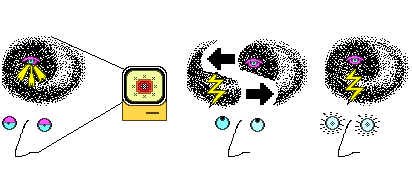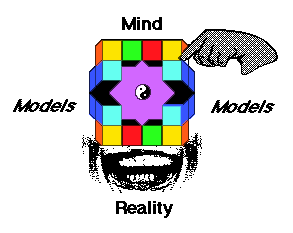Low Tech social networking – we used this on Shane Austin’s suggestion for Maker Day 2013 Opening activity.
http://www.gogamestorm.com/?p=477

Low Tech social networking – we used this on Shane Austin’s suggestion for Maker Day 2013 Opening activity.
http://www.gogamestorm.com/?p=477
Below – introduction to his web site (http://rheingold.com/about/)
I fell into the computer realm from the typewriter dimension in 1981, then plugged my computer into my telephone in 1983 and got sucked into the net. In earlier years, my interest in the powers of the human mind led to Higher Creativity (1984), written with Willis Harman, Talking Tech (1982) and The Cognitive Connection (1986) with Howard Levine,Excursions to the Far Side of the Mind: A Book of Memes (1988),Exploring the World of Lucid Dreaming (1990), with Stephen LaBerge, and They Have A Word For It: A Lighthearted Lexicon of Untranslatable Words and Phrases.(1988).

I ventured further into the territory where minds meet technology through the subject of computers as mind-amplifiers and wrote Tools for Thought: The History and Future of Mind-Amplifiers (1984) [New edition from MIT Press, April 2000]. Next, Virtual Reality (1991) chronicled my odyssey in the world of artificial experience, from simulated battlefields in Hawaii to robotics laboratories in Tokyo, garage inventors in Great Britain, and simulation engineers in the south of France.

Inspired by Sandy Speicher’s vision of the designed school day of the future, reader Shelly Blake-Plock shared his own predictions of that ideal day. How close are we to this? The post was written in December 2009, and Blake-Plock says he’s seeing some of these already beginning to come to fruition.
http://blogs.kqed.org/mindshift/2011/03/21-things-that-will-be-obsolete-by-2020/
Thanks to Paul Princloo for this link …
http://www.teachthought.com/learning/5-alternatives-to-blooms-taxonomy/
Khan Academy is an educational website that, as its tagline puts it, aims to let anyone “learn almost anything—for free.” Students, or anyone interested enough to surf by, can watch some 2,400 videos in which the site’s founder, Salman Khan, chattily discusses principles of math, science, and economics (with a smattering of social science topics thrown in). The videos are decidedly lo-fi, even crude: Generally seven to 14 minutes long, they consist of a voice-over by Khan describing a mathematical concept or explaining how to solve a problem while his hand-scribbled formulas and diagrams appear onscreen. Like the Wizard of Oz, Khan never steps from behind the curtain to appear in a video himself; it’s just Khan’s voice and some scrawly equations. In addition to these videos, the website offers software that generates practice problems and rewards good performance with videogame-like badges—for answering a “streak” of questions correctly, say, or mastering a series of algebra levels. (Carpenter has acquired 52 Earth badges in math, which require hours of toil to attain and at which his classmates gaze with envy and awe.)